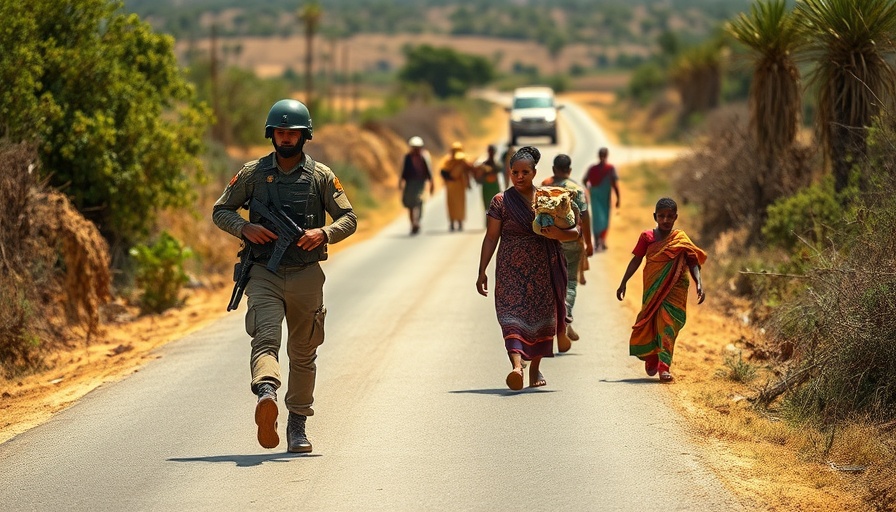
A Somber Tribute: Remembering Fallen Heroes
This Sunday, as families gather at the Union Buildings in Pretoria for National Police Commemoration Day, the memories of police officers lost in the line of duty over the past year will take center stage. It is a day marked by solemnity—a moment for society to reflect on the ultimate sacrifice made by these individuals while serving the public. Each name added to the memorial wall represents not just a statistic but a profound loss that reverberates through families, communities, and the professional realm of law enforcement.
Impact on Families: Voices Behind the Statistics
Each fallen officer leaves behind a unique story, often one filled with potential that will never be realized. The police and prison civil rights union, Popcru, articulated the emotional weight of this commemoration. Their spokesperson, Richard Mamabolo, emphasizes that mere acknowledgment is insufficient in changing the perilous nature of police work in South Africa. Families of these heroes face stark challenges, including financial strain exacerbated by an inadequate death benefit of R250,000, unchanged for years. This amount pales in comparison to the realities these families confront, such as education costs for children, providing basic needs, and coping with grief.
Demand for Change: Unpacking Police Violence
The growing number of police killings highlights an urgent need for change within South Africa's law enforcement. Despite existing laws like the Compensation for Occupational Injuries and Diseases Act (COIDA), many in the police force feel that the support systems in place are grossly inadequate. Calls for higher death benefits, better training, mental health resources, and enhanced safety measures are growing louder. According to recent crime statistics, police officers risk their lives every day amid rising violence and organized crime, necessitating urgent action from government officials and the police leadership.
Broader Implications: The Need for National Dialog
Commemorative events like these should inspire deeper discussions about the broader implications of police safety and the culture surrounding law enforcement in South Africa. The state of public safety is not merely a police issue but a societal one that requires the involvement of government, civil society, and ordinary citizens. As we commemorate, it’s crucial to advocate for a more robust discourse around police reform, safety protocols, and the training necessary to equip officers with the tools they need to navigate increasingly dangerous environments.
The Role of Accountability: What Can Be Done?
Accountability plays a pivotal role in addressing the issues within South African police forces. Transparency in investigations related to police killings, consistent evaluations of police work conditions, and community engagement can bridge the gap between law enforcement and the communities they serve. By advocating for these changes, society emphasizes the importance of officers’ lives and their family's well-being. More importantly, this shift lays the groundwork for transforming police culture, fostering trust, and enhancing the safety of all individuals involved.
Looking Forward: A Call to Action
This Sunday serves as a powerful reminder that the sacrifices made by police officers should not fade from memory once the ceremony concludes. The national conversation must continue, compelling stakeholders to prioritize police reform and protection not just on this day but in their policy-making and community engagement year-round. It is imperative that the narrative surrounding police work includes support for the families of those lost and actionable strategies to decrease the risk faced by serving officers.
As we remember the fallen, let this moment drive our commitment to creating a safer society for both police and citizens. Solutions are within reach if we act collectively and intentionally.
 Add Row
Add Row  Add
Add 




Write A Comment